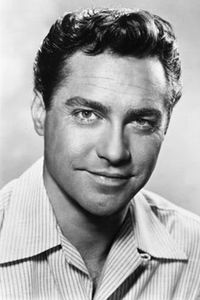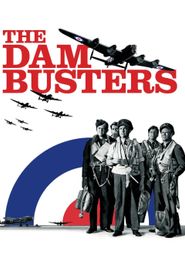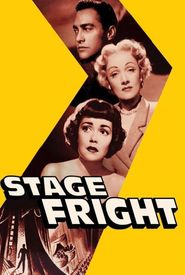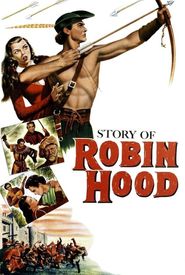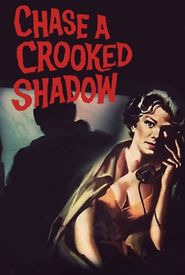Todd, a renowned British leading man, achieved significant success in American films, in addition to his notable performances in the British theatre scene. Born in Ireland to a British officer, Todd spent his formative years in Devon and briefly in India, attending Shrewsbury Public School. His passion for theatre led him to secure small roles in stock productions in England and Scotland, as well as three minor film roles.
Following his early forays into the film industry, Todd co-founded the Dundee Repertory Theatre in 1939. He served with distinction as a paratrooper in the Second World War and upon his return, he landed more prominent theatre roles, including the iconic part of "Lachie" in John Patrick's "The Hasty Heart". He portrayed the character in both the London and Broadway productions, preceded by Richard Basehart.
Todd's first major film appearance was in 1948, and he reprised his role as "Lachie" the following year in the film adaptation of "The Hasty Heart" (1949). His heart-wrenching performance earned him an Academy Award nomination for Best Actor, cementing his status as a leading man.
He went on to star in Alfred Hitchcock's "Stage Fright" (1950),but despite continued leading roles in respectable films, he never quite recaptured the acclaim and prominence he had achieved with "The Hasty Heart" (1949). Todd remained effective in roles such as "Robin Hood" and "Rob Roy", and delivered a poignant performance as "Peter Marshall" in "A Man Called Peter" (1955).
In "The Longest Day" (1962),Todd portrayed his own commanding officer during the Pegasus Bridge fight, with another actor depicting Todd himself in a reenactment of his own experiences. As his starring roles dwindled, Todd transitioned into a stalwart character actor, primarily appearing in British films.
